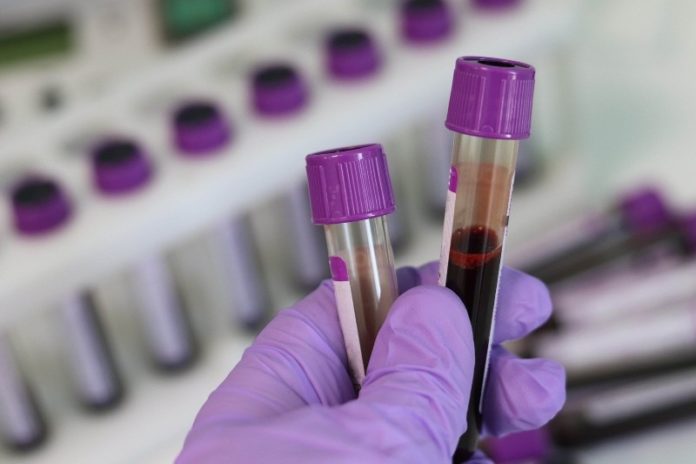
You’ve probably heard the term ‘antibody testing’ in reference to testing individuals to determine if they have been exposed to the COVID-19 virus.
During Gov. Lee’s press briefing Monday, Dr. Lisa Piercey, Commissioner of the Tennessee Department of Health, answered some common questions about antibody testing.
Although the research is still ongoing, this will give the state a first estimate of the number of Tennesseans with COVID-19 antibodies, which will assist the state in developing its strategy for more widespread antibody tests of the general population. The Tennessee Department of Health will be distributing a technical brief to health care providers in Tennessee with details about antibody testing and its limitations. TDH is also working on a plan to test up to 10,000 health care workers in Tennessee’s public teaching hospitals.
Q: How is a COVID-19 antibody test different than the nasal swab test I received at the health department?
A: An antibody test involves taking a blood sample to detect cells in the body that have previously been exposed to, and fought off, a virus. A nasal swab test only detects whether a patient currently has a viral infection.
Q: It seems there are many antibody tests already available, doesn’t that mean the tests have been approved and proven to be effective?
A: The U.S. Food and Drug Administration has only approved six COVID-19 antibody tests for clinical use, and most of these have not been widely distributed. There are many antibody tests in the FDA’s pipeline and may ultimately receive approval. However, most of the antibody tests ready for use have not been validated.
Q: Isn’t it better to know whether or not I’ve had COVID-19 by getting an antibody test?
A: The primary issue with these unproven antibody tests is they can give patients false-positive results by detecting other types of coronaviruses, usually the kind that cause the common cold. A false-positive result may lead to a conclusion that a patient has immunity to COVID-19, when what the test really shows is, at some point in time, the patient was exposed to another type of coronavirus and its antibodies are present, not the antibodies for COVID-19.
Q: If I have antibodies in my blood, doesn’t it mean I’m immune to COVID-19?
A: There is not enough data yet on COVID-19 antibody testing to prove having the antibodies will prevent a person from being re-infected with COVID-19. There are some indications most, maybe not all, people who have been infected with COVID-19 will develop antibodies in their blood that can be detected for a period of time. There isn’t enough data to confirm this is true, or if it happens to be true how long the immunity will last.















